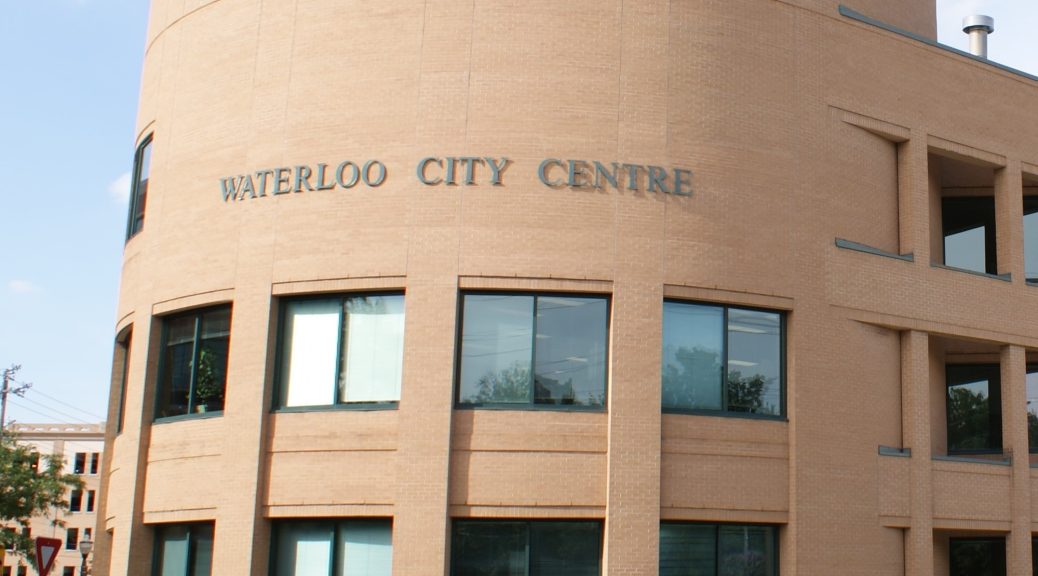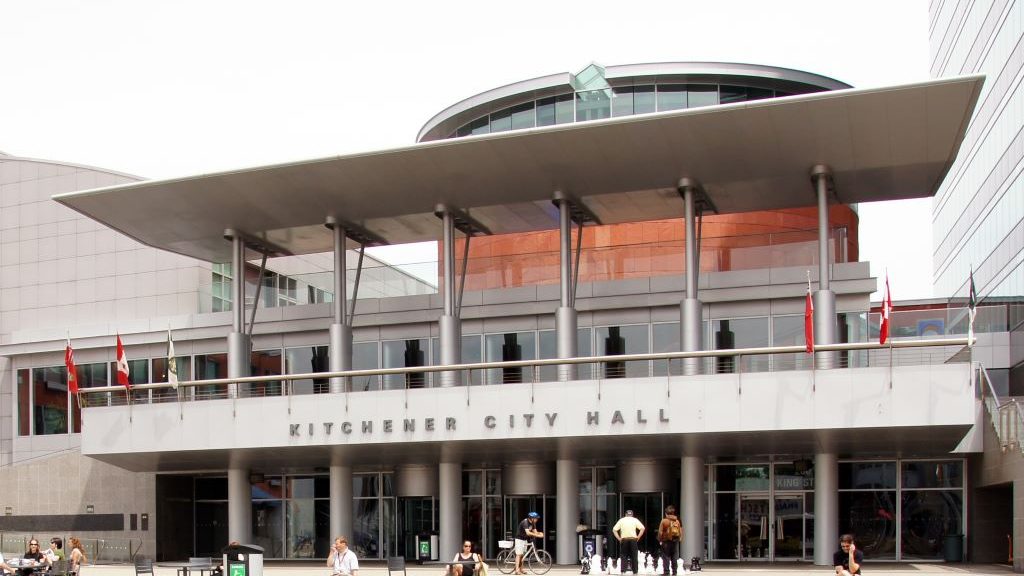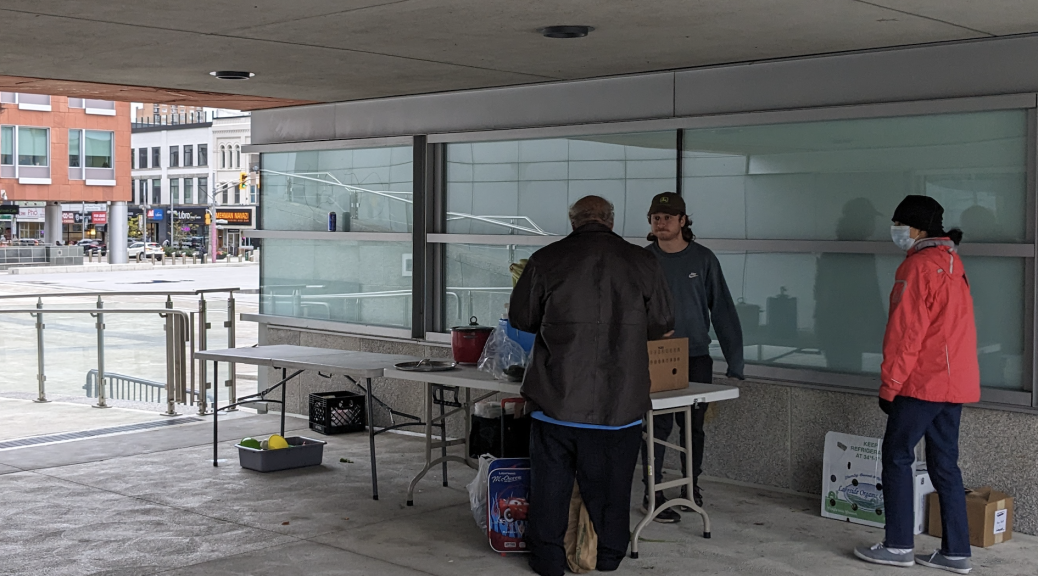MP Holmes
Kitchener, ON
Waterloo Region Council agreed to restore a late night bus three nights a week, which will help deal with the “transit desert” that has impacted late-night GO bus riders.
The last transit bus of the night leaves the University of Waterloo Station by 12:20 am but still four more GO buses arrive after that time each night without connecting GRT services.
The motion, which passed at the meeting on Wednesday, April 25th, will restore Route 91, the late night bus service between the University of Waterloo, Laurier and Uptown Waterloo.
Grand River Transit will reintroduce Route 91 in early September and the bus will run from 12. 30am until 2am Thursday to Saturday.
In this program, two delegates who were present at the meeting describe their relief and concerns about future late night transit.
























